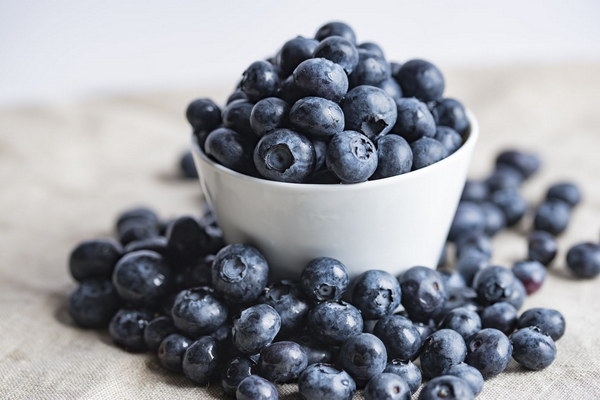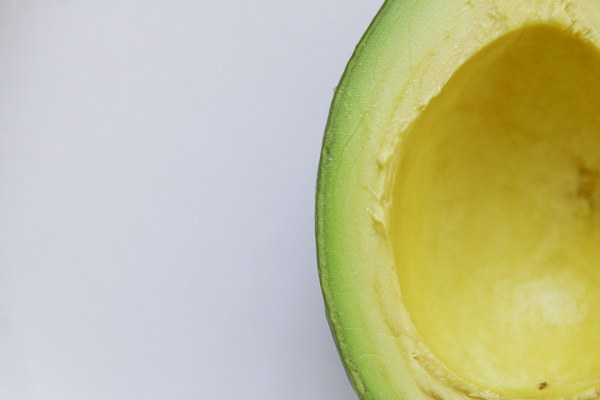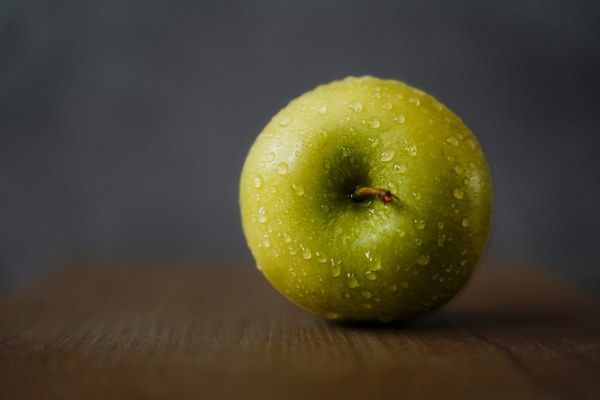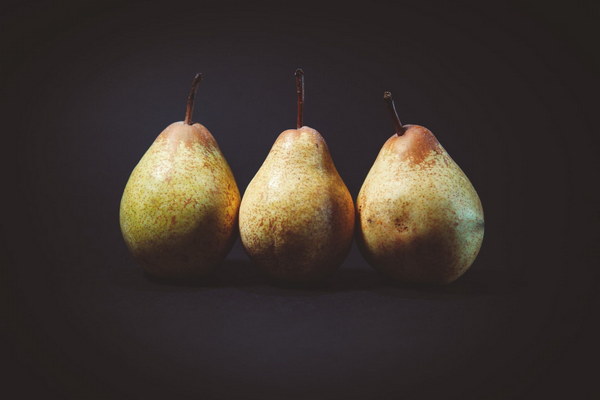Balancing Your Period A Nutritional Approach to Menstrual Health
Introduction:
Menstruation, a natural and essential part of a woman's reproductive life, often comes with discomfort and inconvenience. Many women seek relief through over-the-counter medications, but natural remedies like nutritional interventions can also be effective. This article explores the benefits of incorporating specific foods into your diet to alleviate menstrual symptoms and maintain overall menstrual health.
1. Understanding Menstruation:
To understand how nutrition can impact our menstrual cycle, it is crucial to have a basic understanding of how the body works during this time. Menstruation is a monthly process where the lining of the uterus is shed if fertilization does not occur. This process is regulated by hormones, including estrogen and progesterone, which fluctuate throughout the cycle.
2. The Role of Nutrition in Menstrual Health:
Nutrition plays a significant role in the overall health of a woman's menstrual cycle. A well-balanced diet can help regulate hormone levels, reduce symptoms, and support overall well-being. Some key nutrients to focus on include:
a. Iron: Iron deficiency is a common issue among women during their menstrual cycle, leading to anemia and fatigue. Incorporating iron-rich foods such as lean meats, poultry, fish, beans, lentils, tofu, and fortified cereals can help maintain healthy hemoglobin levels.
b. Calcium: Calcium helps regulate blood clotting and muscle contractions, which are essential during menstruation. Dairy products, leafy greens, and fortified plant-based milk are good sources of calcium.
c. Magnesium: Magnesium can help alleviate symptoms of premenstrual syndrome (PMS), such as mood swings, bloating, and cramps. Foods rich in magnesium include nuts, seeds, whole grains, legumes, and green leafy vegetables.
d. Vitamin B6: Vitamin B6 helps regulate hormone levels and can reduce symptoms of PMS. Bananas, potatoes, avocados, chickpeas, and fortified cereals are excellent sources of vitamin B6.
e. Omega-3 Fatty Acids: Omega-3 fatty acids have anti-inflammatory properties and can help alleviate menstrual pain. Foods high in omega-3s include fish, flaxseeds, chia seeds, and walnuts.
3. Menstrual Diet Tips:
Here are some practical tips to incorporate into your diet for better menstrual health:

a. Stay hydrated: Drinking plenty of water can help reduce bloating and support overall health.
b. Eat a balanced diet: Incorporate a variety of fruits, vegetables, whole grains, lean proteins, and healthy fats into your meals.
c. Include iron-rich foods: Consume iron-rich foods during your menstrual cycle to combat anemia and fatigue.
d. Avoid processed foods: Limit the intake of processed and sugary foods, as they can exacerbate PMS symptoms.
e. Consider supplements: If you are unable to meet your nutritional needs through diet alone, consult with a healthcare provider to discuss appropriate supplements.
4. Conclusion:
A nutritious diet can significantly impact your menstrual health and alleviate symptoms associated with your period. By focusing on key nutrients and making smart dietary choices, you can support your body's natural processes and enjoy a healthier menstrual cycle. Remember to consult with a healthcare provider before making any significant changes to your diet or supplement regimen.









